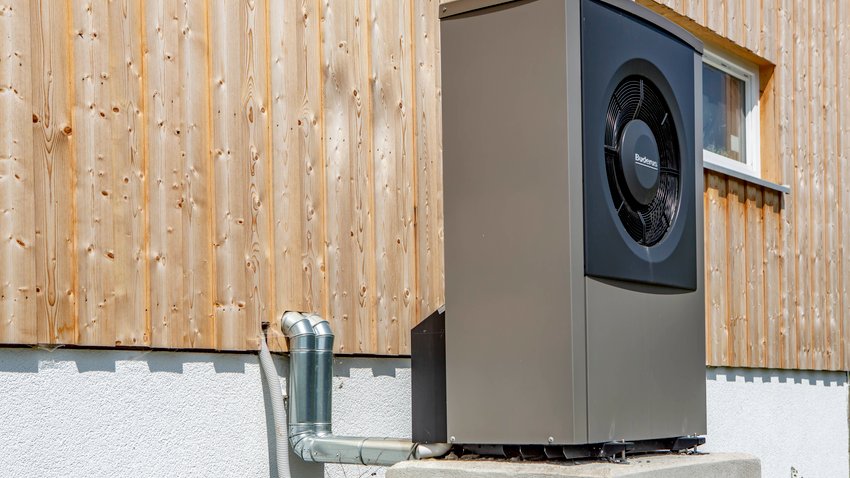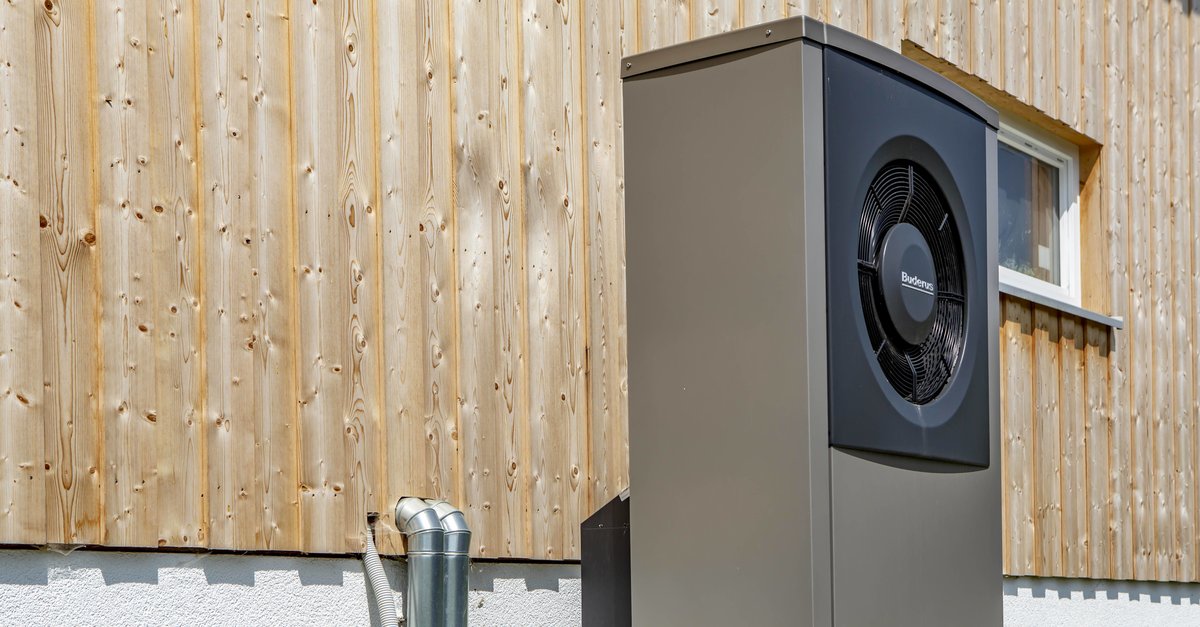For heat pump owners it comes thick as a stick

In order for the heat pump to actually replace old heating systems, the electricity price has to play its part. Otherwise the dream of a cheap alternative to classic gas or oil heating becomes a cost trap. Bitter for heat pump owners: Electricity prices are rising massively, a large energy company has now announced a big price increase.
Inflation has reached an all-time high. The inflation rate recently shot up to 10 percent. The main drivers are the exploding energy prices for gas, oil and electricity. So far, owners of a heat pump have largely been spared the price surge, but by the turn of the year some will have to dig much deeper into their pockets.
EnBW massively increases electricity prices for heat pumps and night storage heaters
Then EnBW has a Price increase for heat electricity tariffs announced. In addition to night storage heaters, this also includes heat pumps. From January 1, 2023 the prices should average around more than 60 percent go up (Source: daily News). The energy company justifies the significant price increase with increased procurement costs. According to EnBW, heating tariffs outside of the basic supply should increase by a similar amount.
For consumers, the price increase means a significant additional burden per month. According to EnBW calculations, owners of a heat pump with an annual consumption of 6,500 kilowatt hours 66 euros per month additionally for their heat flow to count. It remains to be seen whether and to what extent the new special rule for heat pumps can cushion the price increase.
Anyone who owns a balcony power plant can reduce their electricity bill:
Six million heat pumps are to be installed by 2030
The federal government has set itself high goals for the expansion of heat pumps. By 2030, six million heat pumps are to be installed in German homes. The heat pump card shows whether your own house is suitable for the conversion. Recently, Bosch also presented new heat pumps that run more quietly and require a lower flow temperature. This solves two problems that current models often face.



